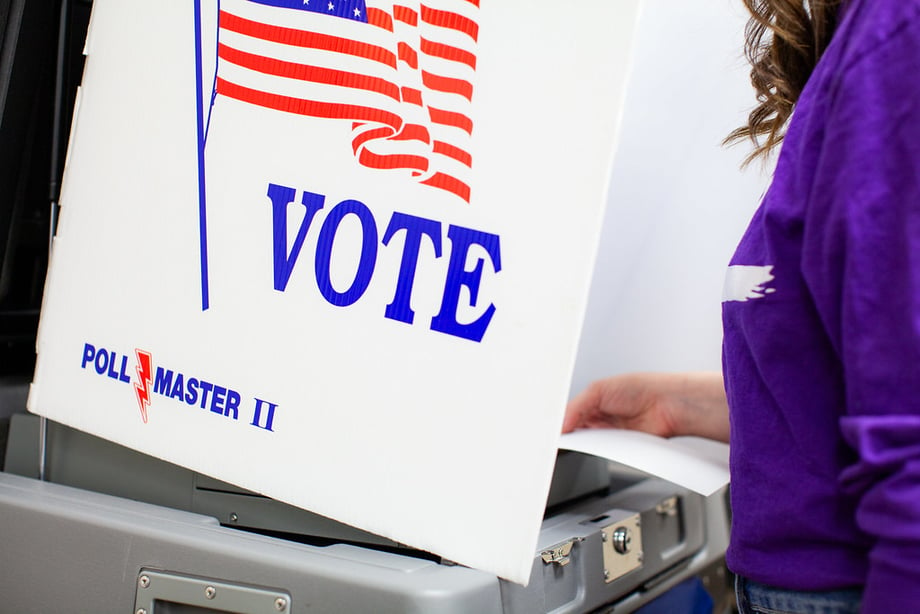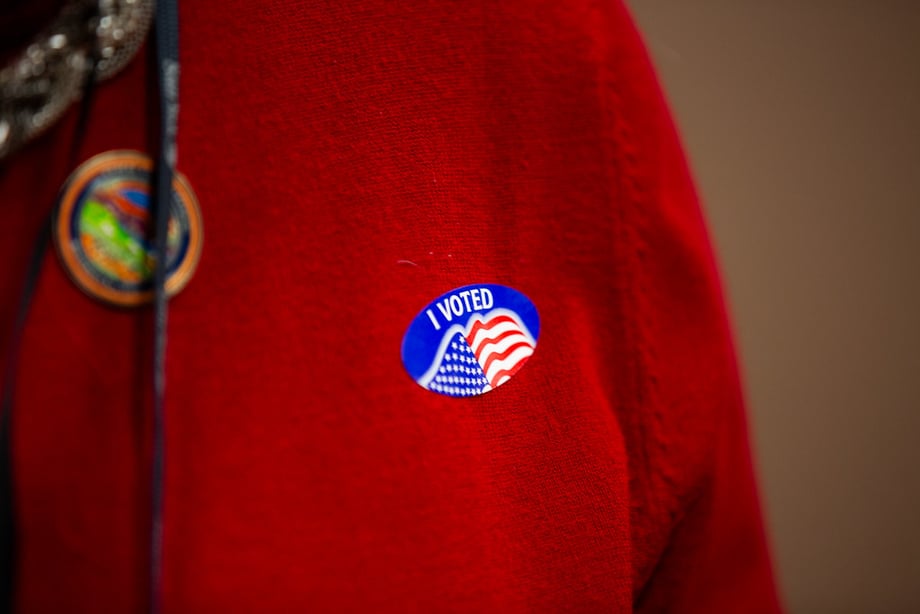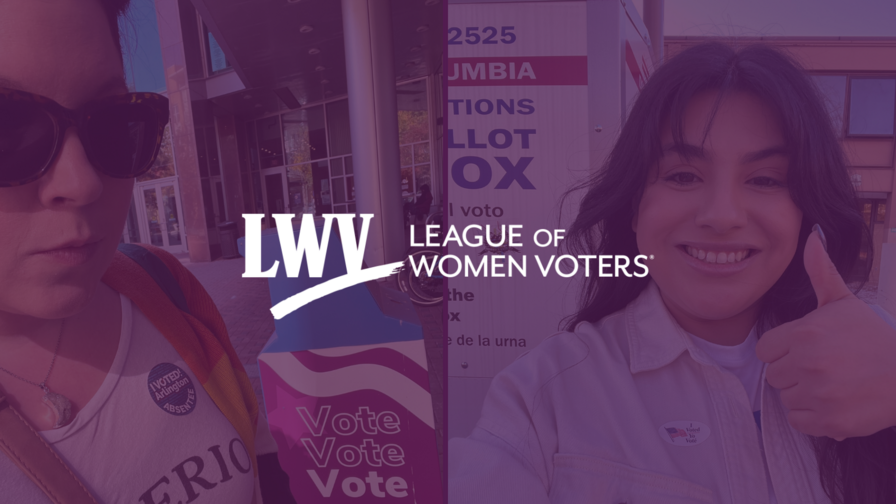Voting Abroad: Absentee Voting for Overseas Citizens
Whether they’re in the military, studying abroad, or permanently living overseas, all US citizens living abroad who are eligible to vote can still cast their ballots. The Uniformed and Overseas Citizens Absentee Voter Act (UOCAVA) grants military members and US citizens living abroad the right to vote absentee in federal elections in their former state of residence.
What is UOCAVA?
Enacted in 1986, UOCAVA requires all states, DC, and the US territories to allow former residents living in a foreign country or the Northern Mariana Islands to vote absentee in federal elections.
Stay Updated
Keep up with voting information by signing up for our emails!
States can extend this right even further by:
- Allowing overseas voters to vote in state and local elections;
- Granting citizens who have never resided in the US, such as those born abroad, the right to vote using their parents’ or guardians’ last US address; or
- Granting absentee voting rights to citizens who move to the territories of the US Virgin Islands, Puerto Rico, Guam, or American Samoa.
The History of Absentee Voting Law
Absentee voting began as early as the Civil War, with individual states permitting their soldiers to vote absentee. For states that did not permit absentee voting, federal law allowed soldiers to return to their respective states to vote.
During World War I, more states expanded absentee voting for military members, and in World War II, Congress used its war powers to require states to extend the right to vote absentee in federal elections for soldiers nationwide. Following the war’s end, states were no longer required to allow absentee voting, but Congress kept this provision as a recommendation to the states.

In 1975, Congress passed the Overseas Citizens Voting Rights Act (OCVRA), which required states to grant any eligible overseas US citizen the right to vote absentee in federal elections. In 1986, UOCAVA consolidated, updated, and replaced the existing acts in providing overseas citizens the right to vote they possess today.
How to Use UOCAVA to Vote from Abroad
If you’re a US citizen living in another country, you can register to vote and request an absentee ballot using your former US address. To do so:
- Fill out the Federal Post Card Application (FPCA) before the voter registration deadline for your former state. If you’re under what your voting address should be, use this guide for more instructions.
- Print and sign the form.
- Send back the signed form to the appropriate local election office for your former state using the instructions on your form.
It’s recommended that your FPCA is submitted at least 90 days before the election you wish to vote in. It’s also recommended that you send another FPCA every January and whenever you move.

If you're a citizen who has never resided in the US, you can check this list of states to see if you’re eligible to vote using a parent, legal guardian, spouse, or other family member’s former address to vote absentee.
Once you’ve successfully completed the FPCA, there’s no need to request an absentee ballot. The Military and Overseas Voter Empowerment Act (MOVE) requires states to automatically send absentee ballots to UOCAVA voters no later than 45 days before federal elections.
After receiving your ballot, vote and send it back as soon as possible to be sure it arrives on time. Follow the instructions on your ballot for guidance on how to return your ballot and the options available to you. Check with your local election authority to see if it will accept electronic ballot returns. Thirty-one states, DC, and the Virgin Islands allow military and overseas voters to easily return their absentee ballots electronically. For more guidance on voting in a specific state, check out FVAP’s interactive map.
If there is not enough time before the election to send back your ballot for federal elections, you can use the Federal Write-In Absentee Ballot (FWAB) as a backup ballot. To vote with FWAB, fill out the ballot, print and sign it, then send it to the election authority for your voting residence.
Living abroad doesn’t mean sacrificing your voting rights. For more instructions on how to vote absentee from abroad, watch this video tutorial. Be sure to check with your voting residence’s local election authority to be sure of any additional requirements. You can also check out VOTE411.org for ballot information in all 50 states and DC.
The Latest from the League
Learn where your candidates stand on the issues that matter most with your candidate guide from VOTE411.
Casting your vote, especially if it’s your first time, can seem complicated. To make it simple, we’ve compiled some of the most common questions we’ve received from college and university students.
Caucuses "are meetings run by political parties that are held at the county, district, or precinct level." In the months before a presidential election, several states hold caucuses where candidates vie for party support. Caucus participants then vote for the candidates they support; the number of votes each candidate receives determines how many party “delegates” will be sent to support that candidate at the party’s convention.
Sign Up For Email
Keep up with the League. Receive emails to your inbox!
Donate to support our work
to empower voters and defend democracy.





